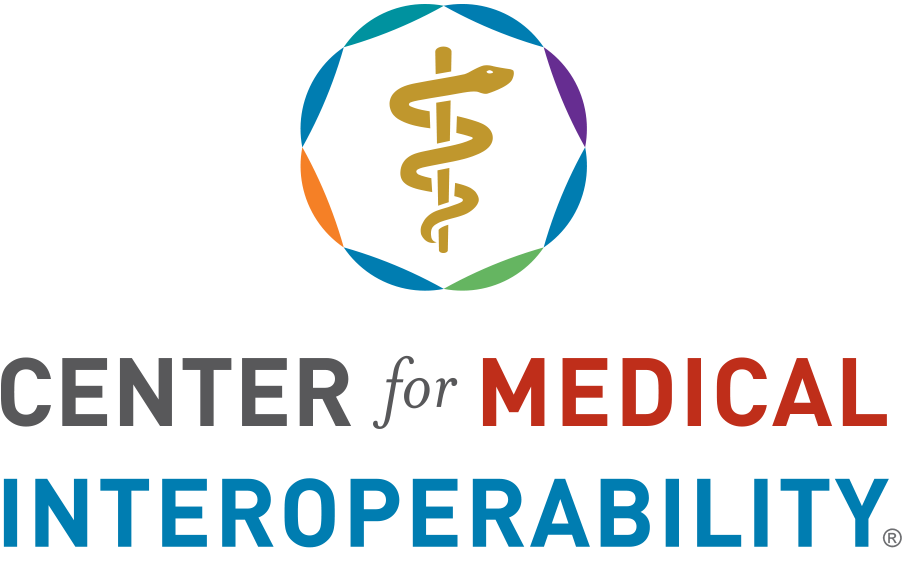“My vendor holds my data hostage, and I have to pay a ransom to access it,” said a primary care physician from Oregon in a Politico report.
This is the largely shared sentiment by many professionals in the healthcare industry who are pushing for interoperability but face financial barriers from IT vendors. As the federal government continues to push for digitized records, interoperability and shared data, physicians are finding the EHR records stuck and siloed by individual vendors who charge them to share data. Physicians pay anywhere between $5,000 and $50,000 to set up the infrastructure to allow for data sharing, either transmitting information to laboratories or connecting to HIEs, according to the report.
“The No. 1 factor hindering the exchange of information between healthcare stakeholders is the exorbitant fees that most EHRs are charging for integration, connectivity and reporting,” said Lance Donkerbrook, COO of Tempe, Ariz.-based Commonwealth Primary Care ACO in the report.
According to the report, vendors argue they don’t have any customer demand to participate in interoperability, to which physicians largely disagree, many of which are required to be interoperable to meet meaningful use requirements.
It seems vendors will be unlikely to address interoperability because it makes little business case for them to address it. To illustrate, EHR provider NextGen Healthcare’s sales revenue fell from $149 million in 2012 to $87 million in 2014. However, its data interchange fees increased during that same time period from $49 million to $67 million, according to the report.
To combat the vendor pricing, Rep. Michael Burgess (R-Texas), MD, who leads the House Energy and Commerce trade subcommittee, is drafting a bill to require interoperability. “It’s unfair that practitioners have to spend money on connections they thought were part of the EHR when they bought it,” he said in the report.
Rep. Burgess told Politico that he believes this issue will be resolved in the marketplace, but legislators are examining what legislation might look like if it isn’t ultimately resolved.
